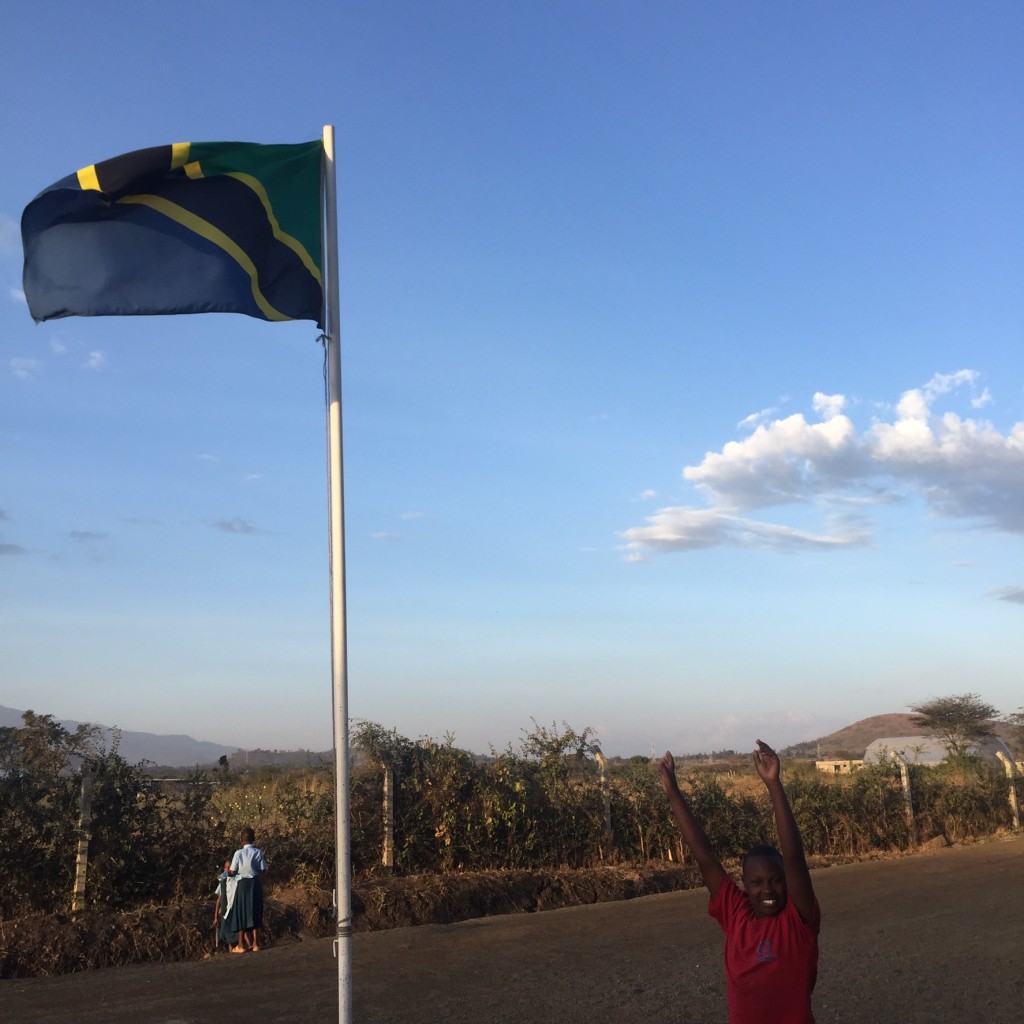October 23, 2015
Part of my trip to Tanzania has included working through our new strategic plan. We couldn’t have accomplished this without the help of Dr. Kate McAlpine, the consultant who led us through our second strategic planning process. In May we worked with our team and our stakeholders to evaluate the progress of our 3-year strategic plan that is coming to a close, while also developing new strategic and business plans for the next 5 years. This process led me to reflect on how TFFT and Tanzania have grown together over the past nine years and ultimately to the realization of our theme to challenge vulnerability.
As our work evolves and progresses, part of my continued inspiration is understanding and genuinely seeing how we have been a part of Tanzania’s growth. Nine years ago when we came to this country, NGOs were seen as service providers. The government didn’t have the ability to provide for the most vulnerable in society, and, therefore, perpetuated an environment where NGOs could be those service providers. We were green and full of heart. We saw education as a tool to assist orphaned children.
Today, Tanzania has grown, and TFFT has grown with it. We now have a sphere of vulnerability that encompasses much more than just orphaned children. It addresses children who:
- Are neglected or abandoned;
- Have lost one or both parents and have no support system;
- Have physical or mental disabilities;
- Are born to parents who are mentally disabled, and
- Children who have both parents who are unable provide for their basic needs.
It is now clear to me that our core is challenging vulnerability. It struck me when this thought surfaced. I always saw our core as education. As I listened and learned, I saw more clearly. Education is only the lens through which we address vulnerability. In Tanzania, The Law of Child was formed in 2009, and all children are now in a place where they can legally be protected. This provides a framework that protects them from abuse, violence, and neglect at local and national levels. It also sets standards for juvenile justice.
Today, as an organization we can speak to the interventions we have provided and how they have impacted the most vulnerable in society. We now also speak to our role as an agent that pushes the government and key actors to enforce this law and the policies. This will help children grow and learn in an environment as active and empowered citizens free of exclusion, disadvantage, and vulnerability. We see on the horizon, a just and equitable society where people and systems support every child to thrive.

